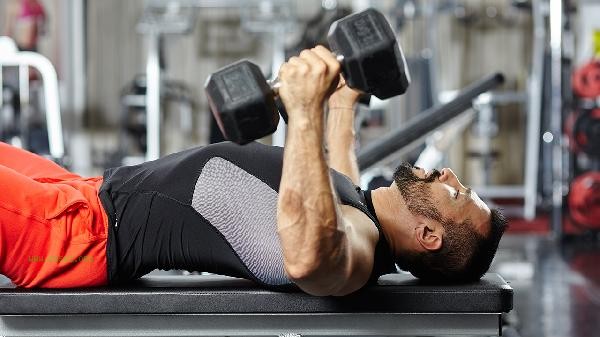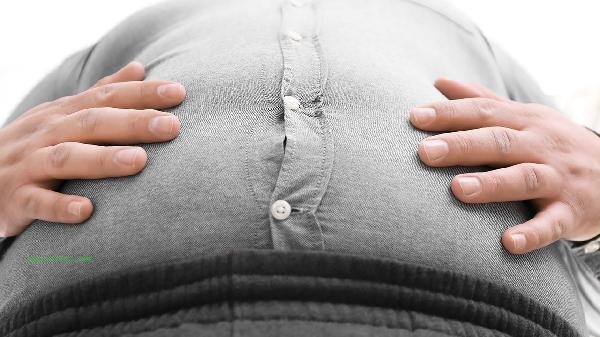Doing weight loss exercises in the morning or evening has its own advantages, with the morning being more suitable for improving metabolic efficiency and the evening being more conducive to relieving stress. The choice of time should be based on personal schedule, exercise goals, and physical tolerance.

Doing weight loss exercises in the morning can activate the body's metabolic mechanism, and exercising on an empty stomach can promote fat breakdown efficiency, especially for people whose core goal is to lose weight. The endorphins produced after morning exercise help maintain positive emotions throughout the day, but attention should be paid to the risk of low blood sugar. It is recommended to consume a small amount of easily digestible carbohydrates such as bananas before exercise. Hypertensive patients should avoid high-intensity exercise classes immediately after waking up to prevent blood pressure fluctuations.

Exercising at night can effectively relieve work pressure, improve muscle flexibility by about 20% compared to morning, and enable the completion of more difficult stretching exercises. Perform aerobic weight loss exercises 1-2 hours after dinner, which can burn excess calories and improve sleep quality. However, it is important to note that the interval between the end of exercise and falling asleep should be greater than 2 hours to avoid excessive nerve stimulation. For those with a history of joint injuries, it is recommended to choose low impact evening exercise classes and use warm water baths to relax the muscles for better exercise results. Whether choosing morning or evening exercise, maintaining a regular routine 4-5 times a week is the most important. Adequate warm-up and stretching before and after exercise, combined with high protein breakfast or low-carbon water dinner, can enhance weight loss effects. It is recommended to try alternating morning and evening for 1-2 weeks, record body feedback data, and ultimately determine the exercise period that is in line with one's own biological clock. Individuals with special physical conditions should consult rehabilitation physicians to develop personalized plans to avoid blindly following the trend of training and causing sports injuries.








Comments (0)
Leave a Comment
No comments yet
Be the first to share your thoughts!